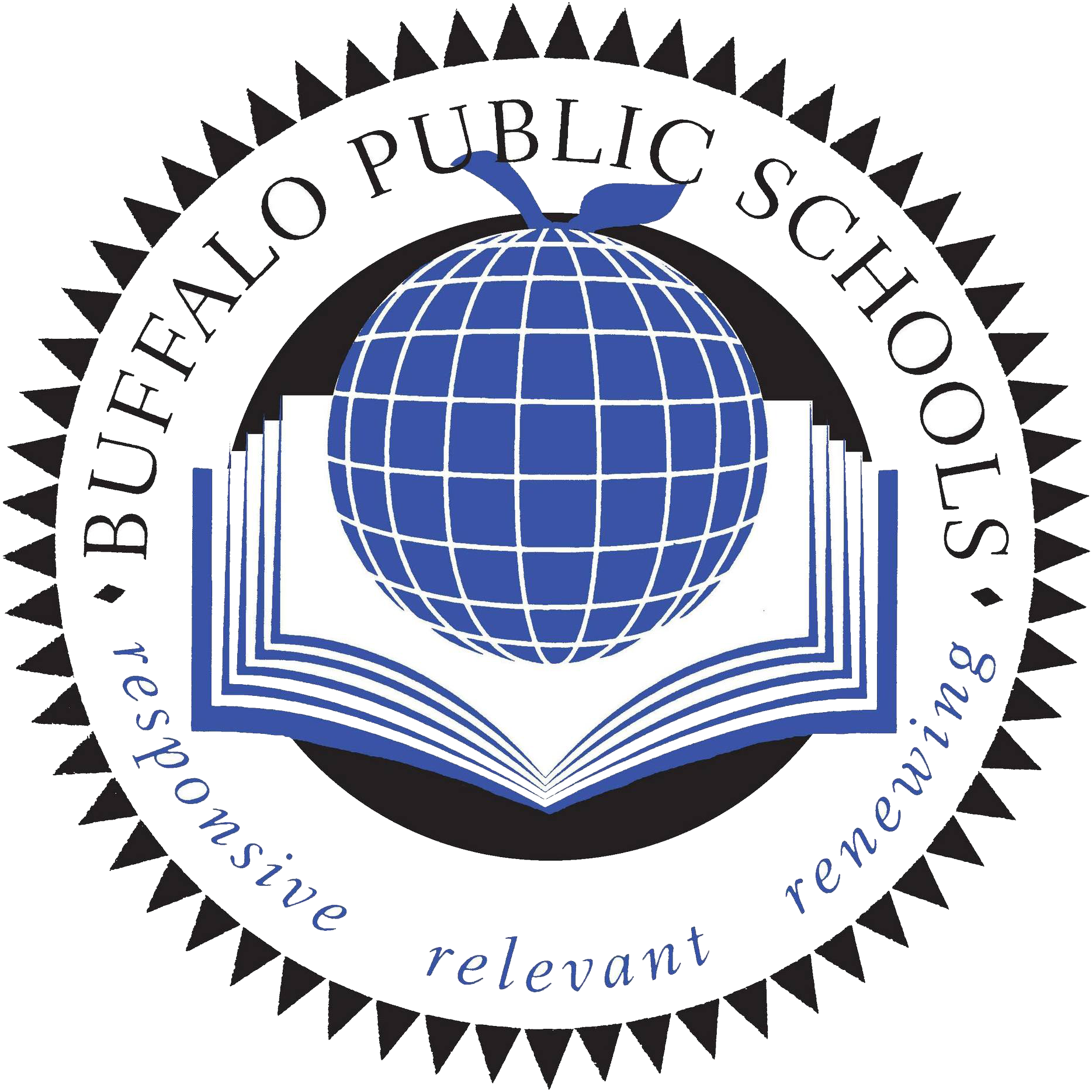Office of School Climate

What is the Office of School Climate?
The Office of School Climate, using a Multi-Tiered System of Supports for Behavior (MTSS-B), identifies, promotes, and supports social and emotional development by designing systems and experiences that lead to healthy relationships and a safe, respectful environment that is conducive to learning for all constituents and creates a culture of partnerships with families, community members and school staff to foster social-emotional growth and well-being.
Office of School Climate | Location:
Room 308
East High School
840 Northampton Street
Buffalo, NY 14
